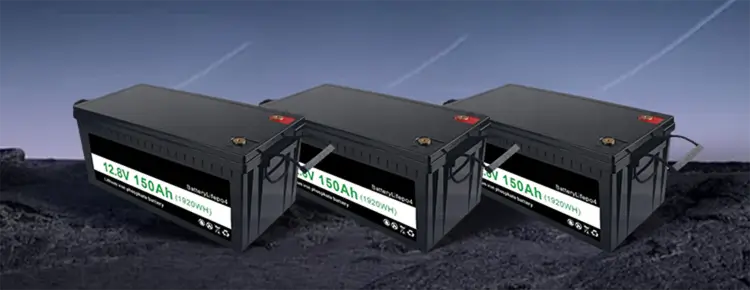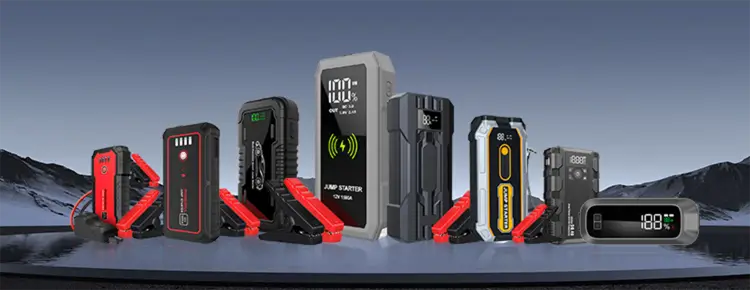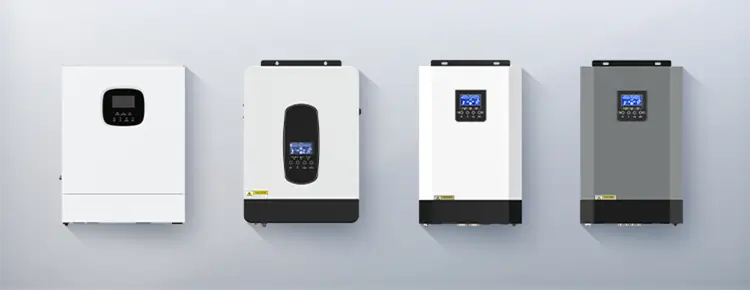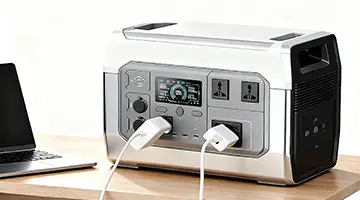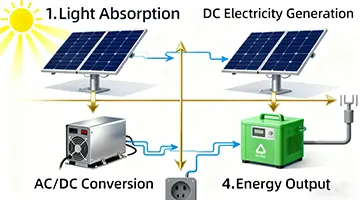The duration that a YDESS household energy storage system can last depends on its specific capacity, the home's energy consumption, and the system's efficiency. YDESS typically offers lithium iron phosphate (LiFePO4) batteries, which are known for their safety, longevity, and high energy density.
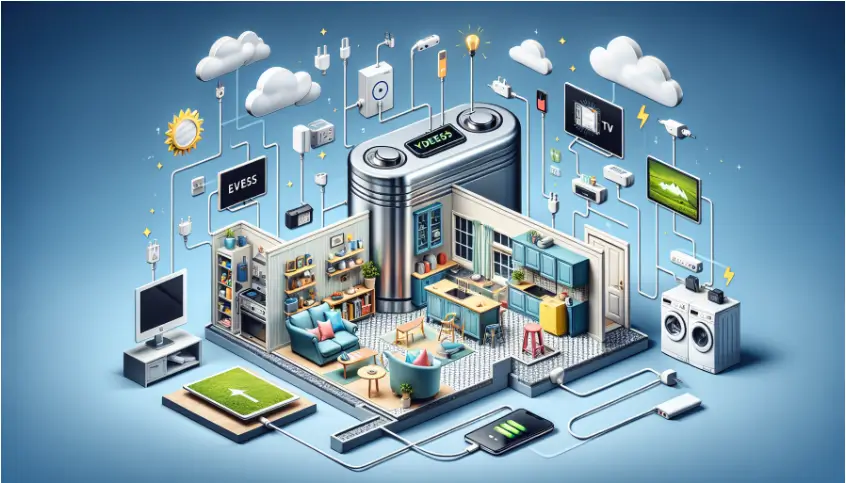
Let's consider a specific example to estimate the runtime:
Example Specifications- Battery Capacity: 10 kWh (a common capacity for household energy storage systems)
- Home Energy Consumption: 30 kWh per day (average for a typical U.S. home)
- System Efficiency: 95% (assuming high-efficiency components)
Calculation 1.Usable Energy:
- The 10 kWh battery, with a 95% system efficiency, provides approximately 9.5 kWh of usable energy (10 kWh * 95%).
2.Runtime Estimation:
- If the home consumes 30 kWh per day, the battery would provide power for about 9.5 / 30 = 0.32 hours, or approximately 19 minutes, assuming continuous full power usage.
Factors Affecting Runtime 1.Energy Consumption Patterns:- Energy consumption is not constant throughout the day. During off-peak hours or when fewer appliances are in use, the battery could last much longer.
2.Seasonal Variations:- Heating and cooling needs vary by season, affecting energy consumption. In milder weather, the battery may last longer.
3.Energy Management:- Efficient energy management systems can optimize battery usage, extending its runtime. For example, using smart home devices to automatically reduce power consumption during peak hours.
Practical Tips to Extend Runtime- Energy-Efficient Appliances: Using energy-efficient appliances can significantly reduce overall consumption.
- Smart Home Systems: Implementing smart home systems can help manage and reduce energy usage.
- Load Shedding: Prioritize essential appliances and turn off non-essential ones during power outages to extend battery life.
Real-World ScenarioIn a real-world scenario, a 10 kWh YDESS battery system might provide several hours of backup power, especially if energy consumption is managed efficiently. For example:
- Low Consumption Periods: During nighttime or when the home is unoccupied, the battery could last for several hours.
- Emergency Situations: In an emergency, prioritizing essential appliances (e.g., refrigerator, lights, medical equipment) can extend the battery's runtime significantly.
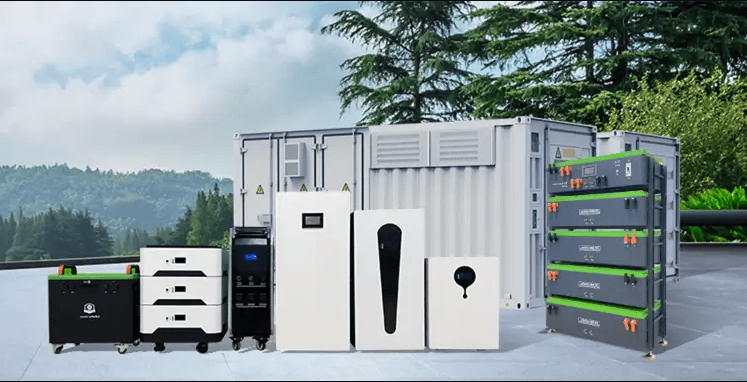
ConclusionA YDESS household
energy storage system with a 10 kWh lithium iron phosphate battery can provide a significant amount of backup power, depending on the home's energy consumption patterns and efficient energy management. While the exact runtime varies, proper management and the use of energy-efficient appliances can help maximize the battery's performance.
